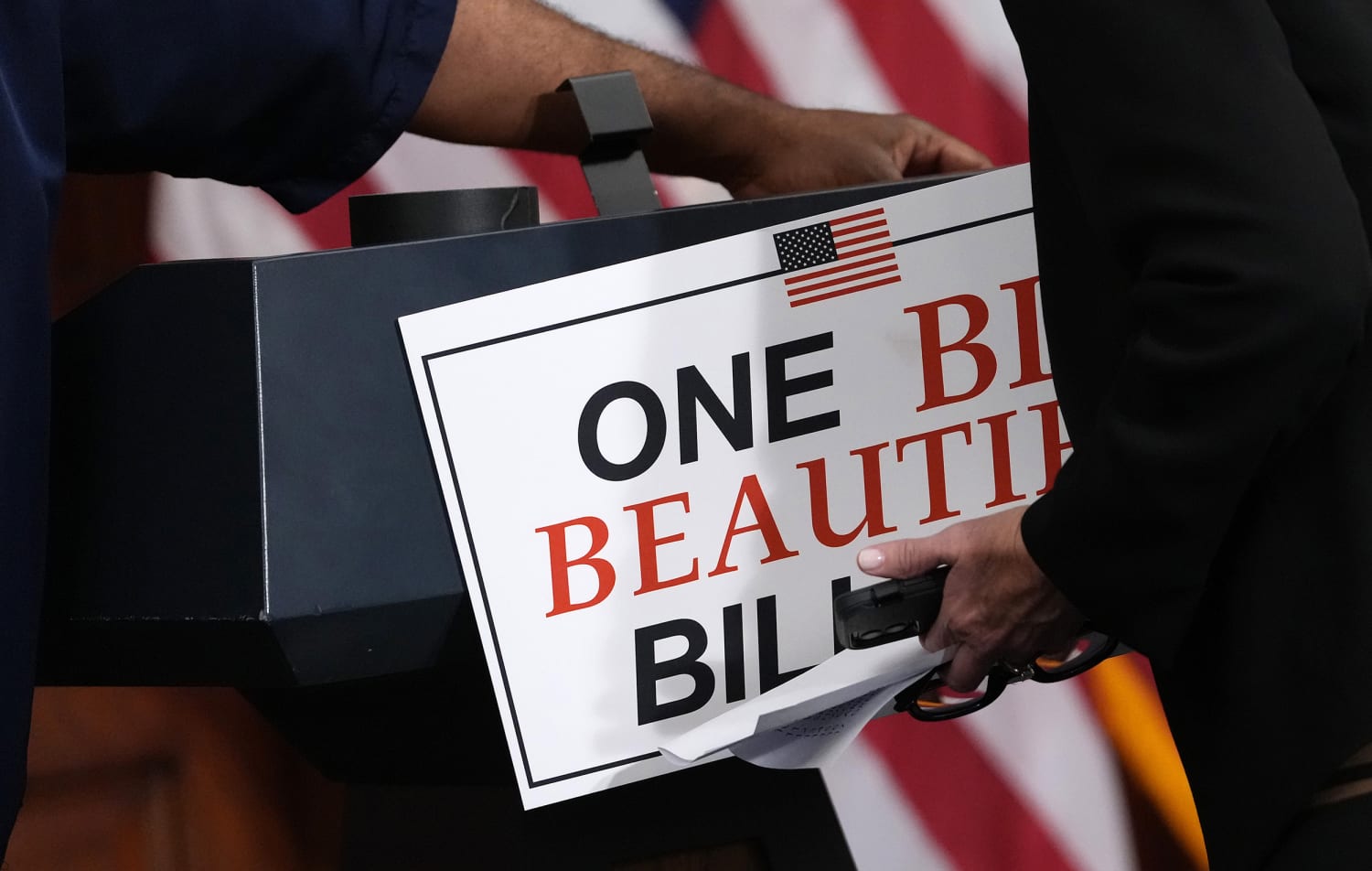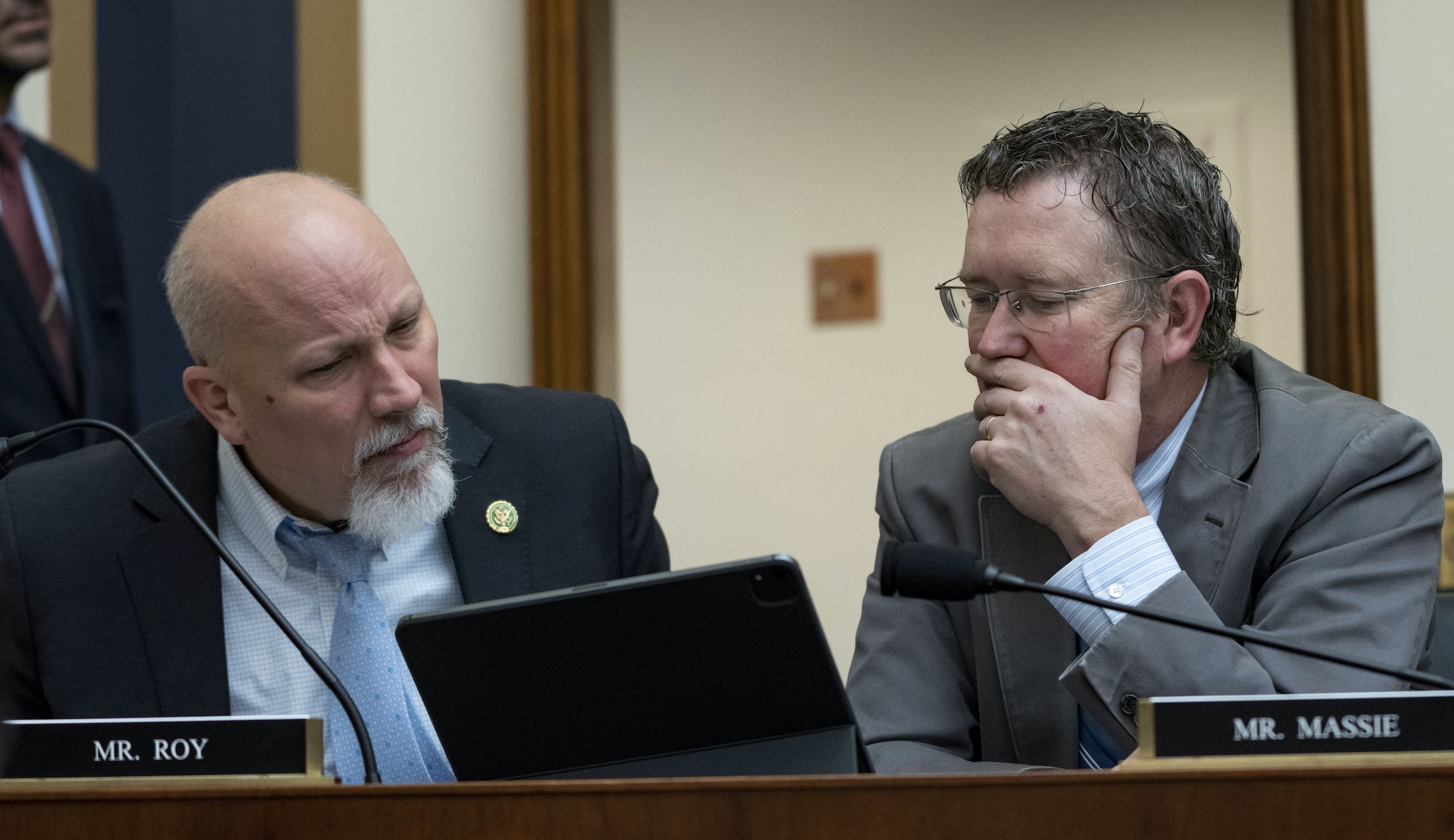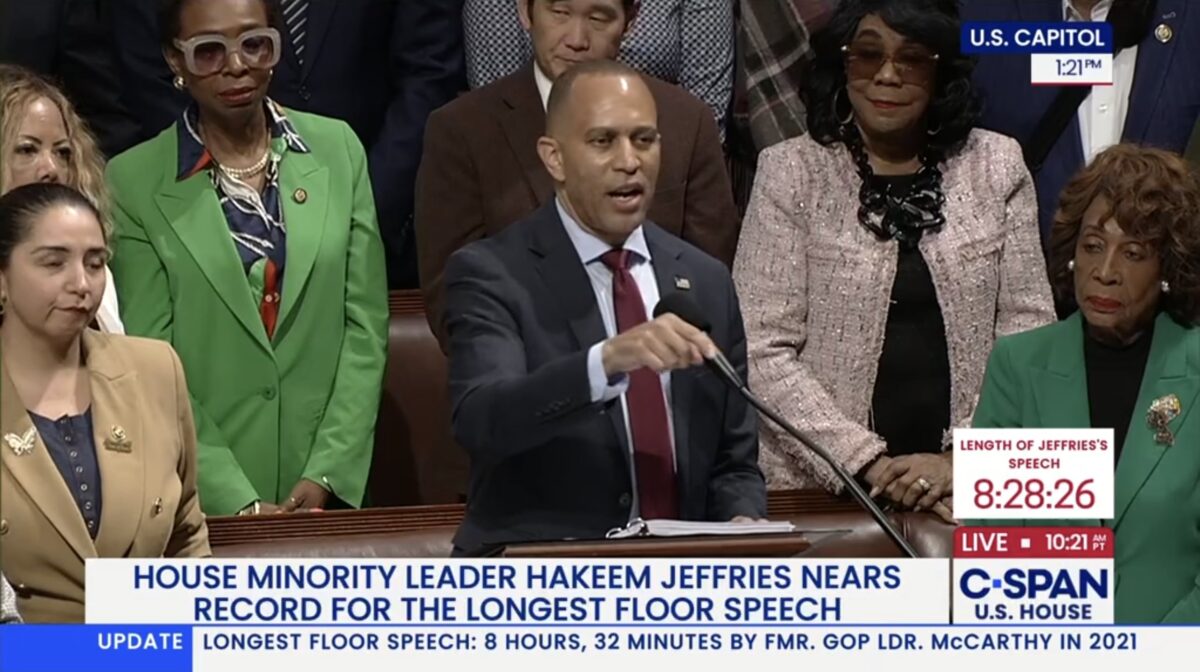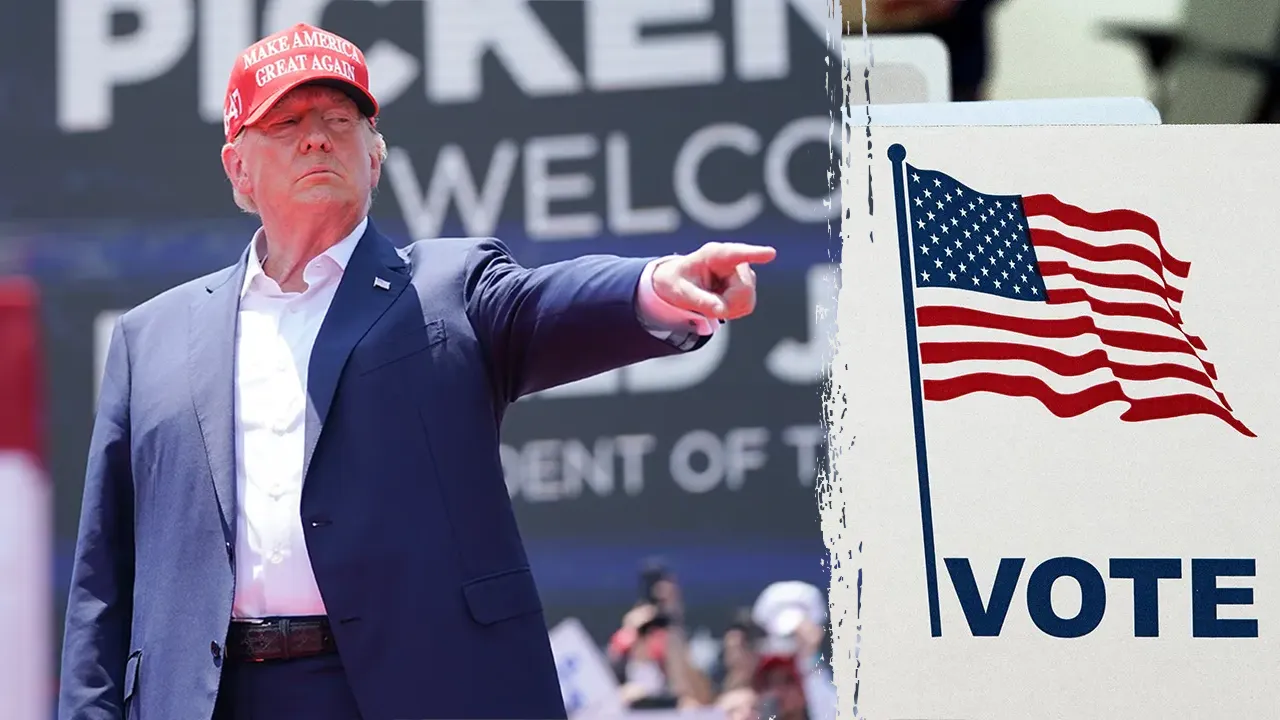The Social Security Tax Math That Exposes How Politicians Turn 24% Into 88%
When President Trump announced his "One Big Beautiful Bill" would eliminate Social Security taxes for 88% of seniors, it sounded like a revolutionary victory for America's elderly. The White House touted it as "the largest tax break in history for America's seniors." But here's the kicker: their own analysis reveals that 64% of seniors already paid zero Social Security taxes before this bill even existed.
So what exactly changed? And why are the numbers so confusing that even major news outlets struggle to explain the actual impact?
The Sleight of Hand Behind the Headlines
Let's break down the math that reveals how modern political messaging works. Before Trump's bill, 64% of seniors paid no Social Security taxes. After the bill passes, 88% will pay no Social Security taxes.
The difference? A measly 24 percentage points.
But that's not how it was sold to the American people. Instead of saying "we're helping an additional 24% of seniors," the messaging focused on that bigger, more impressive 88% figure. It's technically true, but it's also deliberately misleading.
The actual policy change is a $6,000 tax deduction for seniors over 65 – not the complete elimination of Social Security taxes that Trump promised during his campaign. This deduction applies to all income, not just Social Security, and it's temporary.
Why Media Coverage Falls Short

News outlets across the political spectrum struggled to clearly communicate what this policy actually does. Some headlines proclaimed Trump "delivered on his promise," while others called it an "exaggeration." The truth got lost in the confusion.
This isn't just about one policy or one politician. It's about how our entire political communication system has evolved to prioritize emotional impact over factual clarity.
Consider how this story was framed:
- Political messaging: "Historic win eliminates Social Security taxes for 88% of seniors"
- Reality: "Temporary tax deduction helps additional 24% of seniors pay less"
Both statements are technically accurate, but they create completely different emotional responses.
The Psychology of Political Framing
Politicians have always known that perception matters more than policy details. But in our current media environment, this dynamic has been supercharged. Social media rewards emotional intensity over nuanced explanation. Cable news prioritizes conflict over context.
The result? Incremental policy changes get rebranded as revolutionary victories, while the actual impact on American families gets lost in the narrative.
This isn't just a problem for conservatives or liberals – it's a systemic issue that affects how we understand what our government actually does.
The Cost of Confusion

When political messaging diverges this dramatically from reality, it creates several problems:
Eroded Trust: When people eventually realize the gap between promise and delivery, they lose faith in the entire system.
Misplaced Expectations: Seniors who thought their Social Security taxes were completely eliminated may be surprised when they still owe money.
Policy Ignorance: The focus on political theater means the actual policy details – who benefits, how much, and for how long – get ignored.
Media Credibility Crisis: When journalists can't clearly explain the difference between rhetoric and reality, public trust in media continues to decline.
What This Means for American Families
For the seniors who will actually benefit from this policy change, it's real money in their pockets. A $6,000 deduction could save eligible seniors hundreds or thousands of dollars per year.
But for the majority of seniors – that 64% who already paid no Social Security taxes – this "historic win" changes nothing about their tax situation.
The disconnect between the messaging and the reality leaves many Americans confused about what their government is actually doing for them.
Breaking the Cycle
This case study reveals a larger truth about American politics: we've created a system where the story matters more than the substance. Politicians get rewarded for dramatic messaging, not effective governance. Media outlets get clicks for conflict, not clarity.
Breaking this cycle requires changes from all sides:
- Politicians need to be more honest about what their policies actually accomplish
- Media needs to prioritize accuracy over engagement
- Citizens need to demand better from both
The Social Security tax debate is just one example of how political messaging has become disconnected from policy reality. Until we address this fundamental problem, American families will continue to be caught in the crossfire between political theater and actual governance.
The question isn't whether Trump's policy helps some seniors – it does. The question is whether we can have honest conversations about what our government actually does, rather than getting lost in the rhetoric about what it claims to do.












